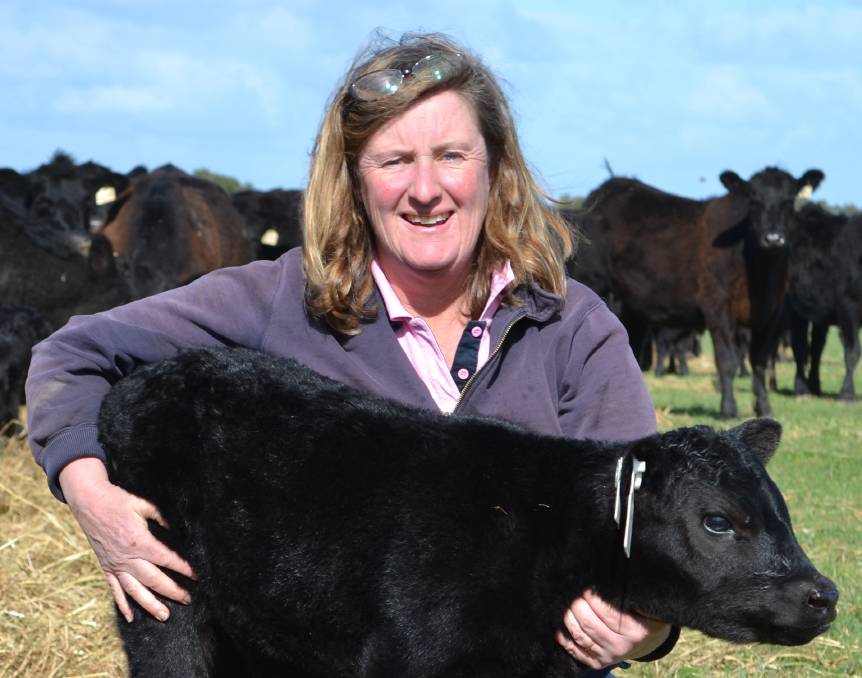Victorian beef and sheep producer Fiona Conroy believes a carbon neutral red meat industry in Australia is ‘absolutely’ possible by 2030, reports @shangoodwinbeef, Stock and Land Beef, 19 Nov, 2020.
KEY to the red meat industry’s ambitions to be carbon neutral by 2030 will be measuring everything that happens on farm. That and profitability,
So says Victorian sheep and cattle producer Fiona Conroy, whose journey along the zero carbon footprint path began 25 years ago with a farm development plan that incorporated increased tree plantings.
Ms Conroy spoke on a panel about producer adoption of research at the big industry event Red Meat 2019, hosted by Meat & Livestock Australia, in Tamworth today.
Australia’s red meat industry could absolutely be carbon neutral in ten years, she believes.
There were some big advancements in science coming down the pipeline like rumen supplements and vaccines that could reduce the methane emissions of livestock but they would be the icing on the cake.
“If we get our basics right, we’re almost there,” she said.
“In fact, there are a lot of producers out there who are probably already carbon neutral but haven’t got the figures.”
Ms Conroy, who has a self replacing fine wool Merino flock and performance recorded Angus herd at Geelong, says if you don’t measure you can’t manage.
“We’ve been doing soils tests since 1993. We soil test a third of the farm every year and we also measure ground cover, pasture performance, livestock performance and more,” she said.
“So we know we’ve had a steady increase in soil carbon and we’re now around 3 per cent soil carbon.
“About half the carbon we are fixing is in pastures and half is in trees.
“We can see the ability to keep putting it in the bucket will taper off but a small percentage is still a lot of carbon.”
Supporting productivity
Carbon neutrality had not reduced stocking rates at the Geelong operation – it had actually supported it.
Carbon neutrality, biodiversity and profitability were not antagonistic. They go together, Ms Conroy said.
“The bottom line is you have to be making money. Everything has to focus on production but take carbon neutrality with it,” she said.
“It’s much easier to be green when you’re not in the red.”
Ms Conroy said she was conscious of the carbon issue ticking away in the background when she set about a farm development program 25 years ago.
“So we wove in planting trees along with increasing soil fertility, paddock subdivision, fencing off waterways and the other productivity boosting measures,” she said.
“What we have now is better soil health, more pasture productivity, we’ve doubled our stocking rates and we have a farm fixing more carbon than we are emitting.
“We have better animal welfare, with tree-sheltered paddocks and a big increase in biodiversity – 110 different bird species.
“The other thing we have is a much better environment for people to work in too.”
Mainstream issue
Carbon is now a mainstream issue. It’s part of the social licence issue for red meat, Ms Conroy said.
“We have whole businesses set on coming up with meat substitutes and saying our product is not good for the environment,” she said.
“There is a lot of information out there telling people to go to a plant based diet because red meat is bad for environment.
“I have three kids at university who probably won’t come back on the farm but they are champions for red meat because they can say they come from a carbon neutral farm. They can tell the people that producers are part of the solution and that is an important message today.”
More than 700 people have registered for Red Meat 2019, which continues tomorrow with a global markets session, discussion of sustainability and an industry breakfast honing in on the latest in consumer insights.
